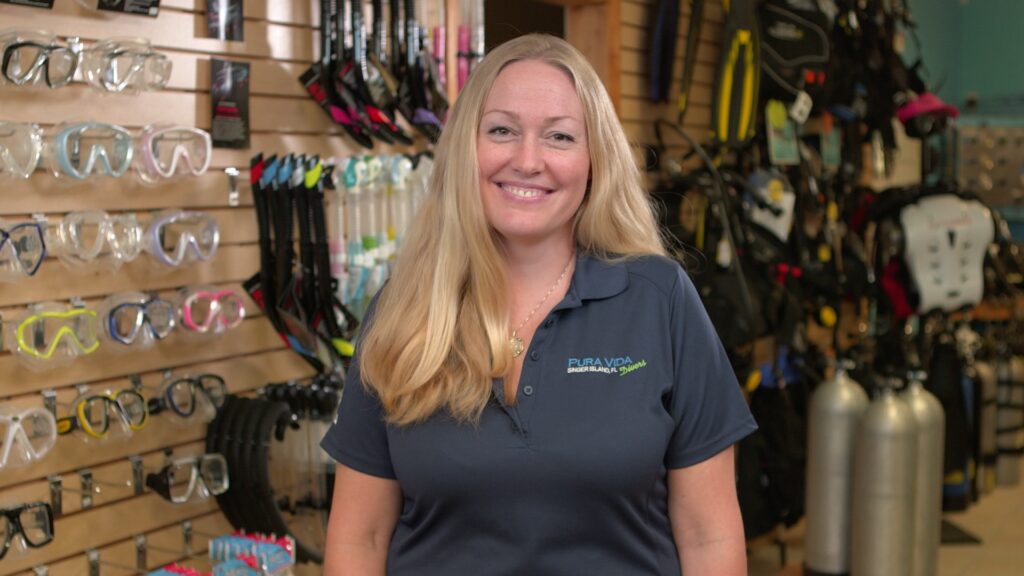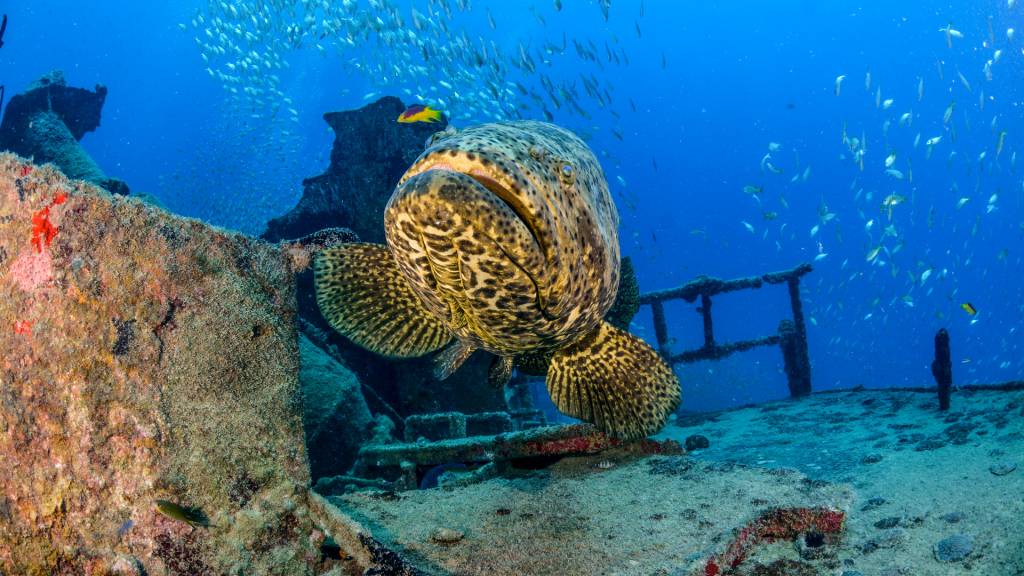Florida Wildlife Federation has been involved with fisheries management for many years. We were part of the coalition that successfully banned the use of gill nets in our coastal waters, which has resulted in a significant rebounding of fish populations. We also support the holistic management of marine habitats, and the recognition that forage fish species, such as menhaden, are critical to the health of the saltwater food chain.
Fishery Management
Waters and Estuaries are Essential
An estuary is a body of water partly surrounded by land where freshwater from rivers and streams runs into and mixes with saltwater from the ocean, including bays, sounds, inlets, harbors, and lagoons. Estuaries are among the most productive natural systems on earth due to the mixing of nutrients from land and sea, producing more food per acre than the richest Midwestern farmland.
Estuaries have many different habitats all vital to many important species of plants, fish, and upland wildlife. Habitat includes shellfish beds, seagrass meadows, salt and freshwater marshes, forested wetlands, beaches, river deltas, and rocky shores.
These waters provide essential habitat for over 75% of the commercial fish catch and 80-90% of the recreational catch of fish along our 8,400 miles of coastline.
Our remaining seagrass beds are the nurseries of the marine environment as juvenile fishes congregate there for protection. FWF recently supported the creation of a new Aquatic Preserve off the shore of Citrus, Pasco, and Hernando Counties to help protect this vital resource. This Preserve is the 42nd such preserve in the state. As development pressure on the coast increases, the threat to the estuaries also increases by pollution and physical alteration.
Florida Wildlife Federation has long supported the federal Coastal Barrier Resources Act (CBRA) to make sure our tax dollars do not go towards underwriting construction in sensitive beachfront, storm-prone areas.
Fishing, both salt and freshwater, brings in approximately $11.5 billion to our economy and supports over 200,000 jobs. Of course, healthy fisheries also support our tourism industry as visitors fish at our world-renown beaches and lakes.
Water is the lifeblood of Florida and we must conserve and protect it both in quantity and quality.









